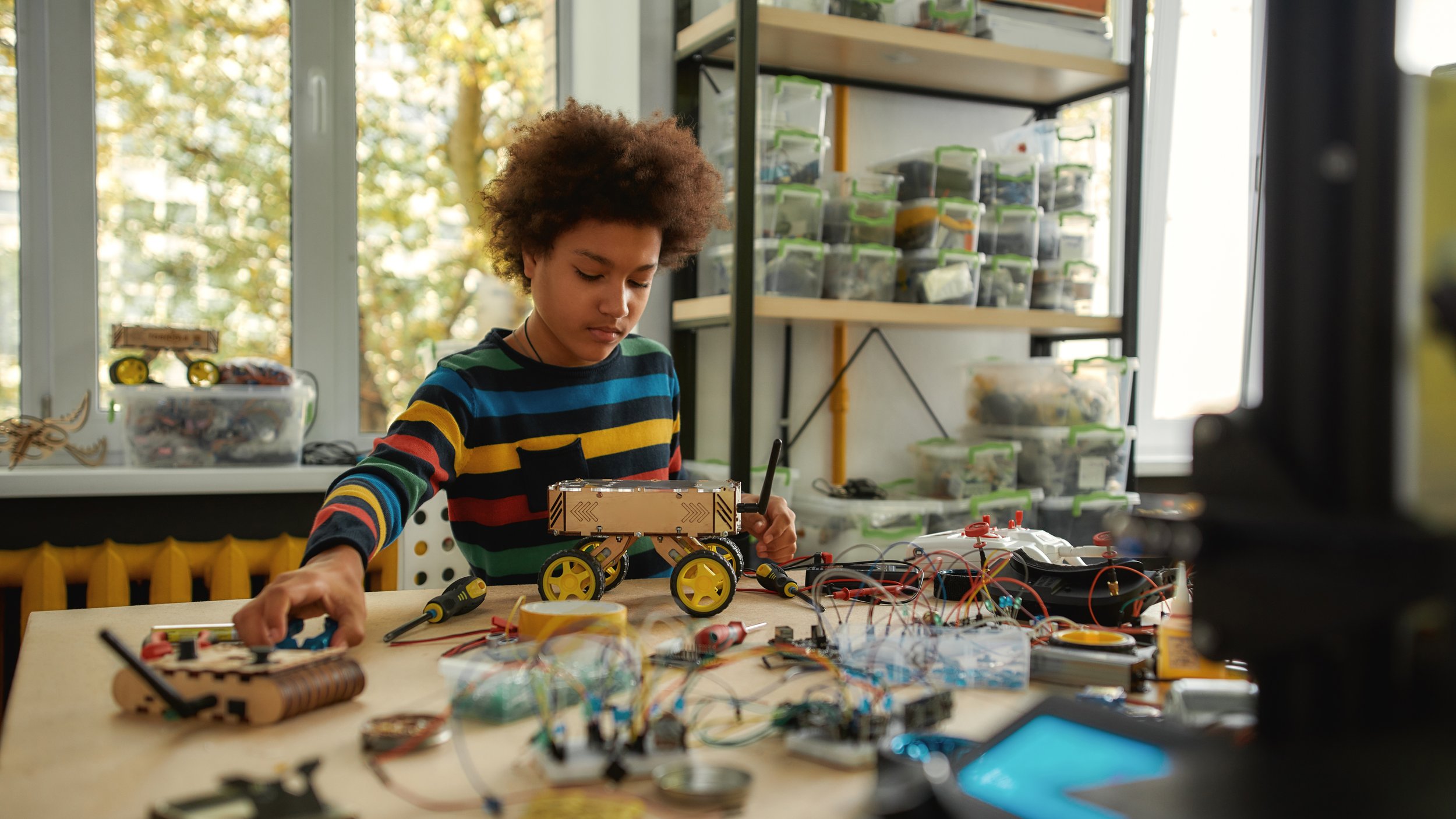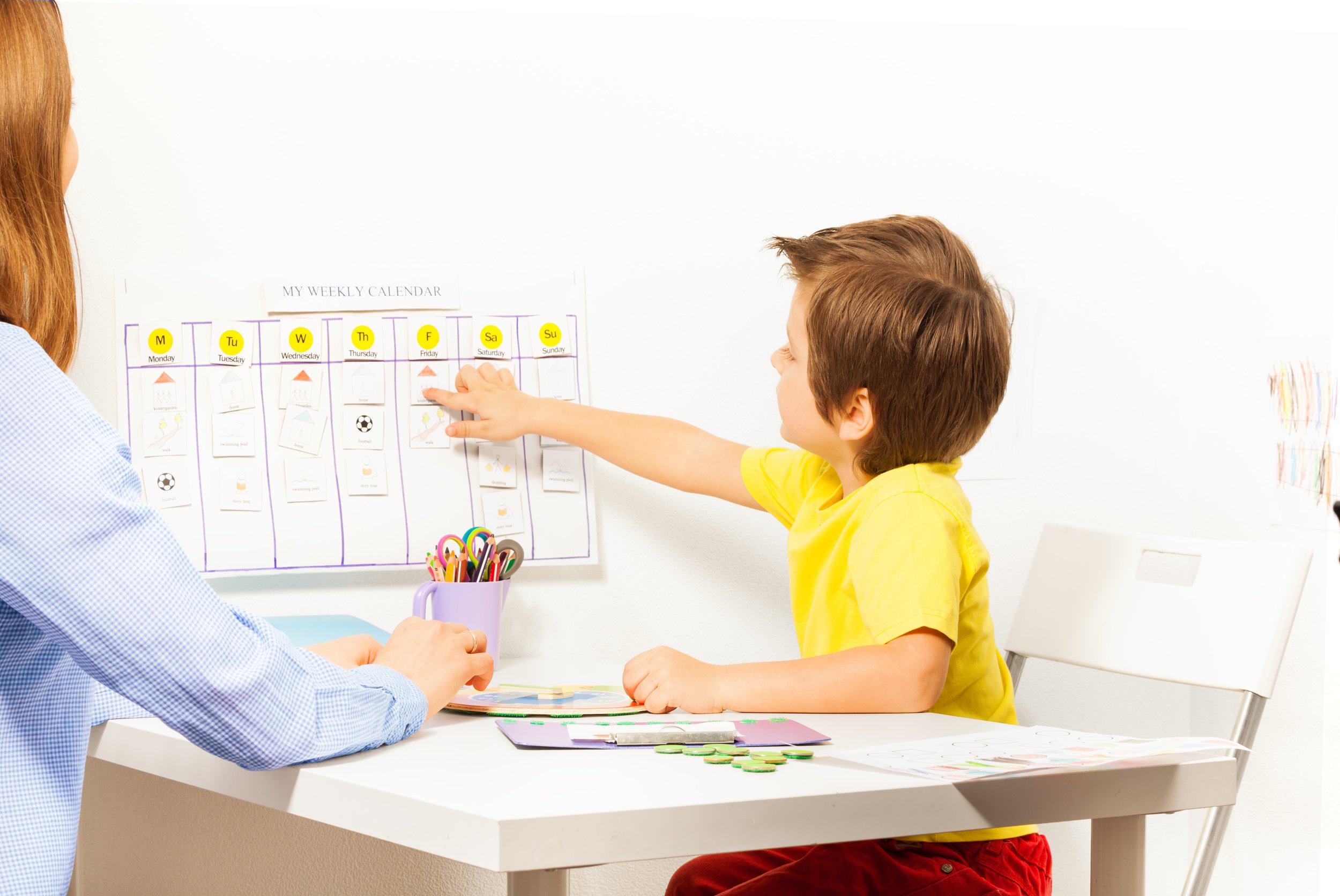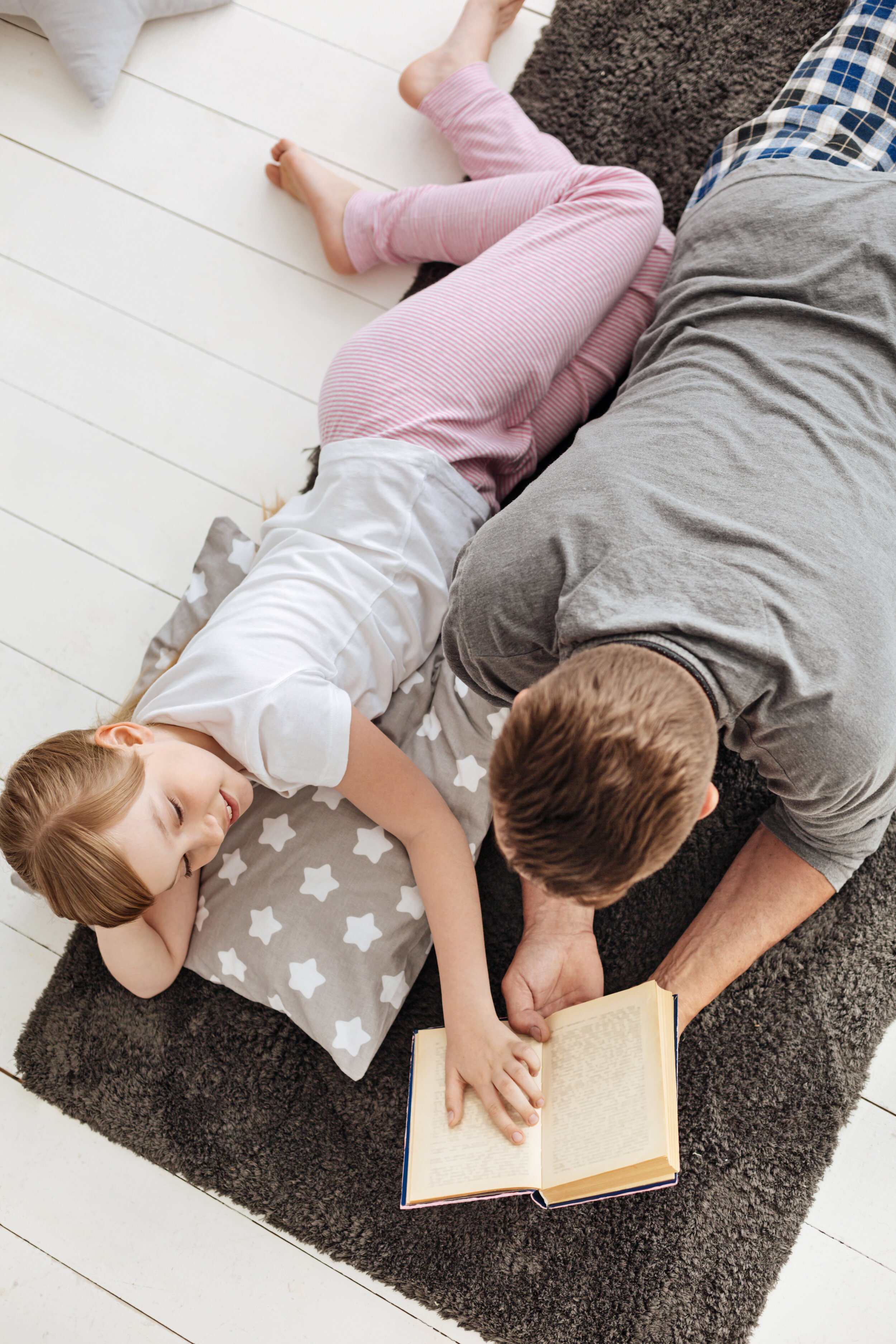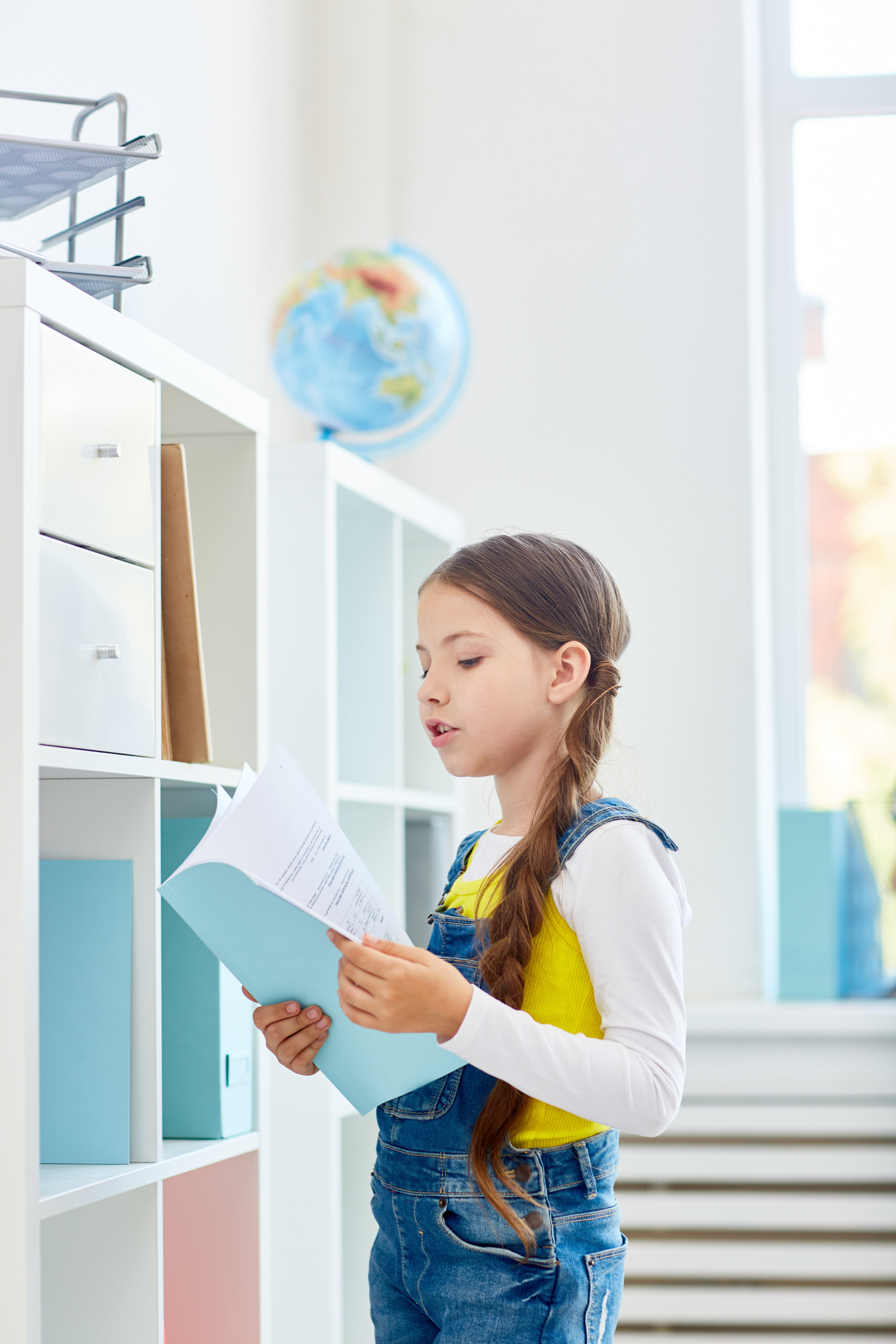At Home with the Editors: Shelli’s 6th and 3rd Grade Curriculum
Shelli shares the resources she’s been using in her own homeschool this year.
Even though my boys are three years apart, I’ve been happy to find that I can teach a few subjects to both of them at the same time. I expect more work from my 12-year-old, or 6th grader, so sometimes that means my younger son just listens.
I’ve divided this list into three parts. “Sixth Grade” refers to the work my 12-year-old does independently or one-on-one with me, and “Third Grade” is what my nine-year-old does with me. At the bottom, under the heading of “Sixth and Third,” I list what I do with them together.
Though much of this curriculum is a continuation from last year, there are a few new resources we’re going to try out too. Everything is subject to change! After all, the point of homeschooling is to be flexible and do what works best for the child.
Sixth Grade
Writing – I’m using a combination of IEW’s student writing intensive and a school textbook given to me by a teacher, which I can’t find online. The textbook is simple and offers some good tips on writing. This year I will focus on giving my son plenty of time to brainstorm and practice writing in a variety of forms, including letters, reports and short stories.
Grammar – I still love IEW’s Fix It! series, so we’re continuing with Book 2, Robin Hood.
Reading — I make sure my son has ample time to read independently, and I allow him to read whatever he wants. Right now he’s zooming through copious amounts of graphic novels and the Harry Potter series.
Math — My son still loves the Life of Fred books. [Life of Fred isn’t a secular program.] We’ll be working through Mineshaft, Fractions and Decimals and Percents this year. Occasionally we use Kahn Academy and Mathantics too.
Music — My twelve-year-old has been taking classical piano lessons for over three years, and he’s very passionate about this endeavor. He practices about two hours everyday. My husband and I have worked hard to support him, which you can read about in the Spring 2018 issue of home/school/life. He has a good teacher who prepares him for events as well as teaches him music theory. We study different music genres and music history through books, recordings and the Internet.
Third Grade
Reading — My third grader is reading, though he needs to practice to become more fluent, so this year my goal is to have him practice reading out loud to me for a few minutes at each lesson time. He also takes the time to read comic books by himself.
Grammar — We work on reading and grammar skills in the Star Wars workbooks.
Math — My younger son loves Life of Fred too. We also work in the Star Wars Math workbook.
Birds — My son has a special interest in birds, so we often spend a few minutes reading about birds in field guides, watching videos, or playing a bird trivia game.
Music — My youngest son plays the cello, though for him it’s just a hobby. He takes weekly lessons, we do everything we can to support his progress in music as well.
Sixth and Third
Literature – My boys can mostly pick whatever they want to read, but I always pick the morning readaloud. Sometimes I pick classic literature and other times I pick a fun young adult novel or something related to history or science. Right now we’re reading The Mad Wolf’s Daughter by Diane Magras, and the boys love this adventure with a strong, female protagonist.
Test Prep — In the state of Georgia, we have to administer a standardized test every three years starting in the third grade. Although we might not complete the workbooks, I like to familiarize my boys with the test format, so we’ll do some practice this year in these workbooks: Test Prep: Grade 6 and Test Prep: Grade 3 by Flash Kids Harcourt Family Learning.
Grammar & Writing — I have been reading some of the books from Michael Clay Thompson’s language arts program Level 1 to the boys over the summer, and I like them so much, I’m going to try to squeeze in some time to finish them this fall.
History — We’re going to pause our progress in world history and begin U.S. history this fall, but if I can squeeze it in, we’ll also read about Ancient Rome (because we are so excited about Ancient Rome). Since my husband is a history professor, we listen to his screencasts, and I use them as a guide to what to study. From there, I check out library books, such as Journey to Cahokia: A Boy’s Visit to the Great Mound City. We also use The Kingfisher History Encyclopedia and The Usborne Encyclopedia of World History. You can follow how we learn history on my blog.
Science — I’m planning to do “Science Saturdays” this year because my twelve-year-old wants more science, and there just isn’t enough time during the week. We will draw from several sources: The Usborne Science Encyclopedia (w/Internet & QR Links – those are so awesome and helpful!), ducksters.com (which is another great site to guide you in lesson planning) and several other science books and field guides we have at home. Besides a general study of science, we also are planning to identify and label all the trees and plants in our yard. We will use field guides and iNaturalist to assist us.
Foreign Languages – We are studying both Spanish and Chinese. I use Risas y Sonrisas for Spanish and BetterChinese.com for Chinese.
Music — My husband and I try our best to take both boys to the free classical concerts offered by some nearby universities. (We’re lucky we homeschool and can stay up late!) We consider this an important part of their music and overall education.
This might seem like a lot of work, and it is, so I feel I should also mention that I don’t do all these lessons everyday. We typically spend about two days a week on each subject, sometimes more or less, if needed. (The exception is instrument practice, which is done everyday.) I use the summertime to work on subjects that are less of a priority during the school year too.
If you have any questions, I’d be happy to answer them.
(We’re Amazon affiliates, so if you purchase something through an Amazon link, we may receive a small percentage of the sale. Obviously this doesn’t influence what we recommend, and we link to places other than Amazon.)

































SHELLI BOND PABIS is home | school | life magazine’s senior editor. She writes about her family’s homeschooling journey at www.mamaofletters.com.